Athens Drive is one of the most diverse schools in the state, ranked second in the state, with nearly 56% of students identifying as persons of color, ranging from foreign exchange students from Europe and Asia to refugees from Afghanistan. Many of these students experience pressure to assimilate and lose part of their homeland’s culture. The conflicting values of their dual identities can take years to accept. How do international students at Athens feel about their cultural identity?
“Growing up, I felt so detached from Bengali culture,” said Esha Quazi, sophomore. “I’d see friends fully immersed within traditions and I often felt jealous. At the same time, though, I wished I was fully American.”
Quazi’s parents immigrated to the U.S. from Dhaka, Bangladesh in search of better job opportunities. Despite their continued maintenance of cultural roots through speaking Bangla and reinvigorating Bengali celebrations, Quazi often felt dissociated from their cultural background.
“I felt weird in public and around friends,” said Quazi. “My parents had always been proud of our culture, but as a kid, it bothered me so much. Their mannerisms never felt American enough.”
Embarrassed of their roots and actively trying to fit in, Quazi did not fully appreciate their dual identity until more recently. They attribute their growing acceptance of their roots to their parents’ lifelong connection to their Bengali heritage.
“In the past few years, I’ve become more accepting of who I am. While I primarily speak English with my parents and grandmother, my interest in Bengali culture has increased,” said Quazi. “I’ve started taking Bangla classes and speaking to my parents [and] enjoy cultural traditions our family does every year, such as Pohela Boishakh, which is Bengali New Year.”
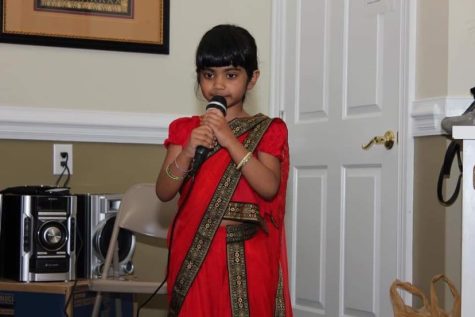
The cultural disconnect many children of immigrants feel is ever-present in a country where the majority of immigrants are people of color. As they gradually embrace their culture, remnants of having to grapple between two identities in a Western country still seep in.
“Growing up, I wasn’t very accepting of my identity. I had to fit in; I was constantly made fun of. People would joke about my name. When we went out, my parents would get stares and get made fun of, especially my mom, who wears a hijab,” said Dwiki Abidin, senior.
Like Quazi, Abidin experienced a disconnect growing up. Peer pressure pushed him to turn his back on his Indonesian roots until more recently.
“My parents sacrificed a lot to come here. I would say they definitely lost parts of their culture; I always hear them on the phone with relatives to stay connected,” said Abidin.
It was not until other peers’ acceptance of his background that Abidin began embracing his identity. Now, Abidin fully embraces his dual identity as an American-born child of first-generation immigrants. He is a devout Muslim and draws from his rich background and faith to impact his life in a positive way.
“I pray five times a day, waking up very early, going home and praying during lunch, and after practice. I also take classes to improve my native languages,” said Abidin.
One tradition in particular stands out to Abidin. Ramadan, the ninth month in the Islam calendar, a time for reflection and prayer, has stressed to Abidin the importance of his culture on appreciating his family.
“There’s something about watching other people eat and having to fast. I do it because it means a lot to me; [it] humbles me and makes me grateful,” said Abidin.
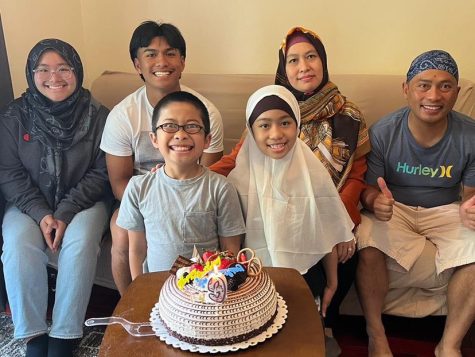
While both Quazi and Abidin partially credit growing acceptance of their respective identities to the empathetic environment of Athens’ student body, they feel there is still work to be done regarding cross-cultural communication in the community.
“I do understand curiosity, obviously, there’s nothing wrong with being curious about someone’s culture. But a lot of the time, the way they word questions can come off as insensitive,” said Quazi.
Both students affirm the need for greater understanding and sensitivity towards other cultures to foster better cross-cultural communication, as well as learning more about different cultures around them to ensure future generations of immigrant children don’t experience the same detachment they did.
“I understand kids my age who appear more whitewashed,” said Quazi. “People don’t understand that it’s not because they hate their culture, but because they were made to believe their culture wasn’t American enough.”


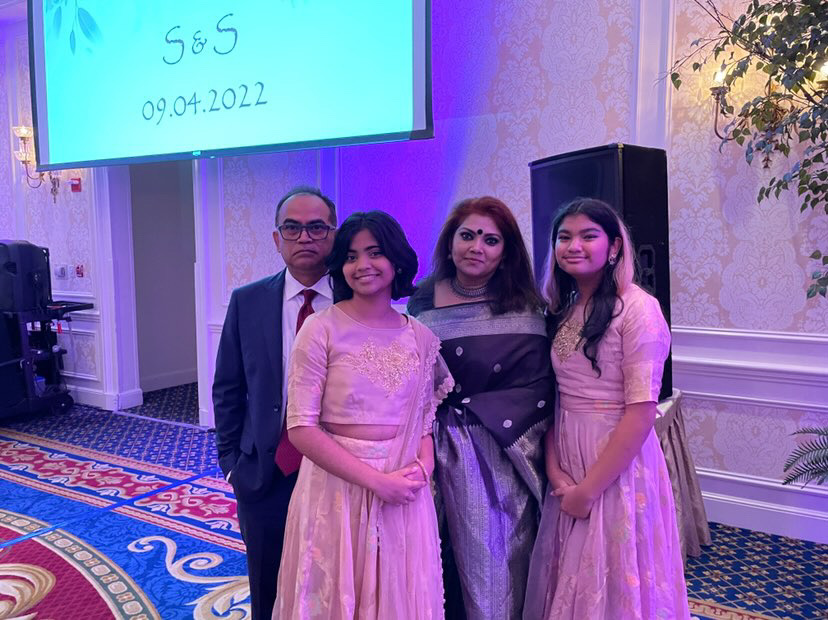
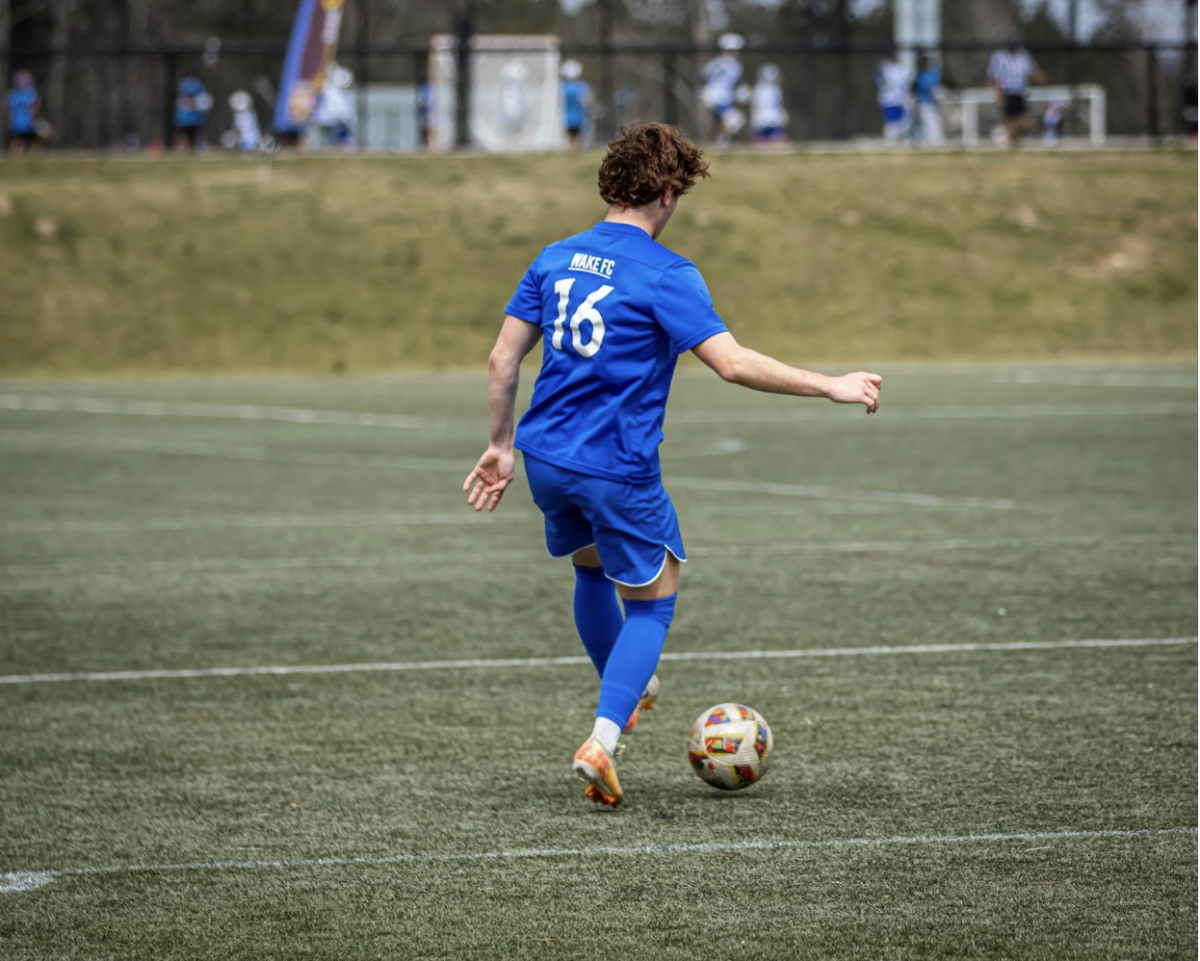
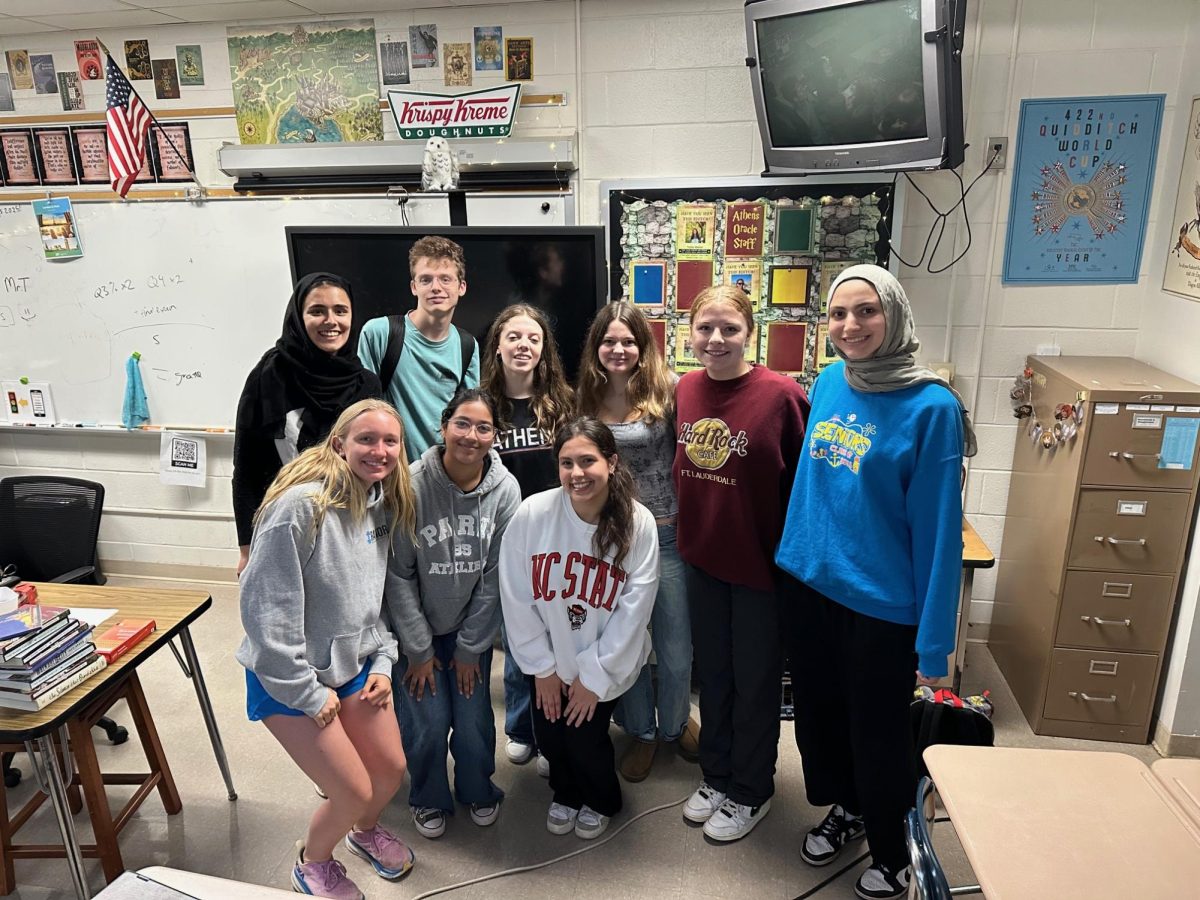
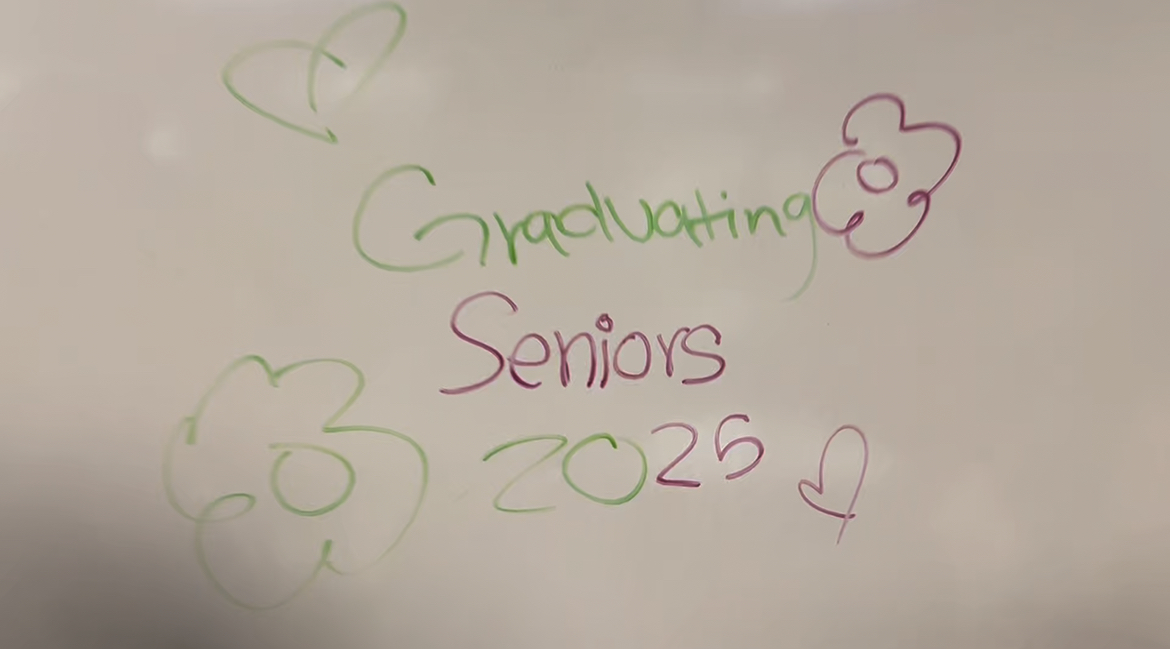

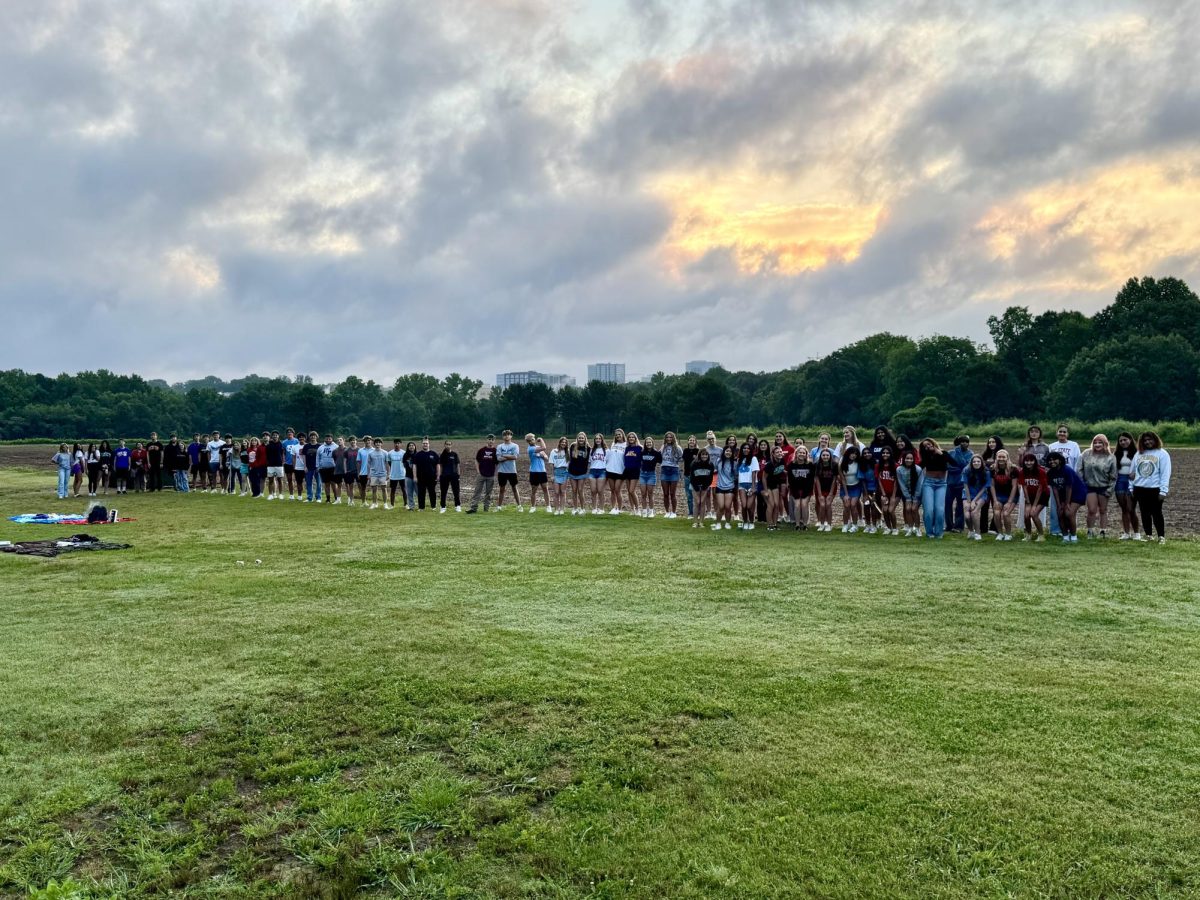
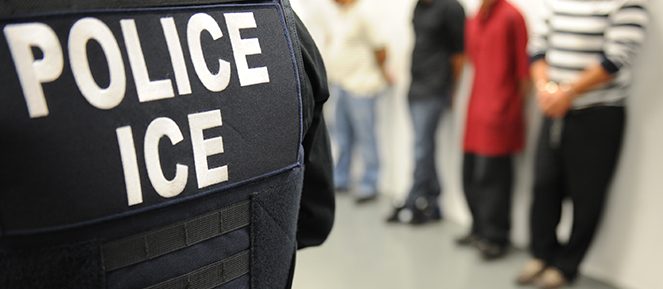
Emily Dudash • Oct 24, 2022 at 10:15 am
go Kavya!! love this article so much